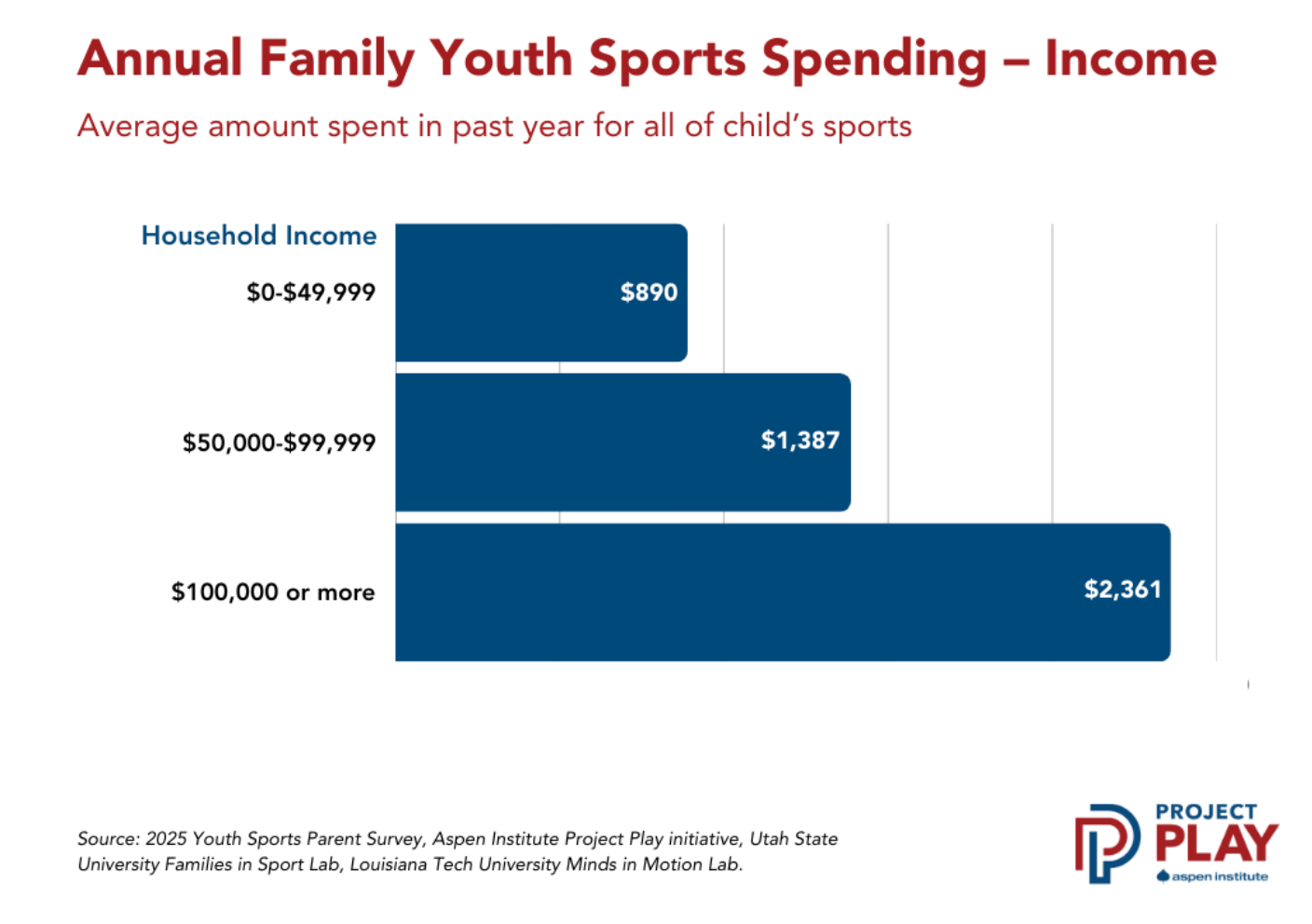When I first moved to Seattle, I overheard teachers in a graduate class I was teaching talking about how their kids couldn't get into the public high school orchestra or tennis teams because the competition for those programs was intense in times of tight school budget. Parents who made much more than teachers were investing in years of private lessons and coaching to set their kids up to win.
Years later, researchers have affirmed those teachers' experiences. Kids from higher socio-economic families, benefitting from private coaches, travel sports leagues, and "intensive parenting" are more likely than lower income peers to play a high school sport, to be team captain, and to play through 12th grade. Black students found themselves shuffled into track and field while white students played across a range of sports. In the words of one of the study's authors:
“We want to counter the common notion that an individual person’s ability, drive and interest are what lead to who becomes the best athletes in our society,” Hextrum said.
“We found that high school and college sports are profoundly shaped by one’s socioeconomic status and other factors unrelated to talent.”
The Play Project has documented that wealthier families are paying more then double on children's' sports than lower-income families, and the costs of children's sports are rising quickly.

I can understand parents wanting to do all that they can for their own children. I am less understanding of masking some parents' advantages with talk of their childrens' "talent" when those children have been shielded from competing against talented kids from low-income families.
And I will never understand public school resources used to reward those advantages instead of ensuring that all kids can learn and thrive on level playing fields.




